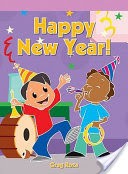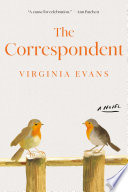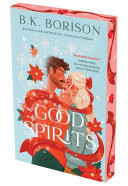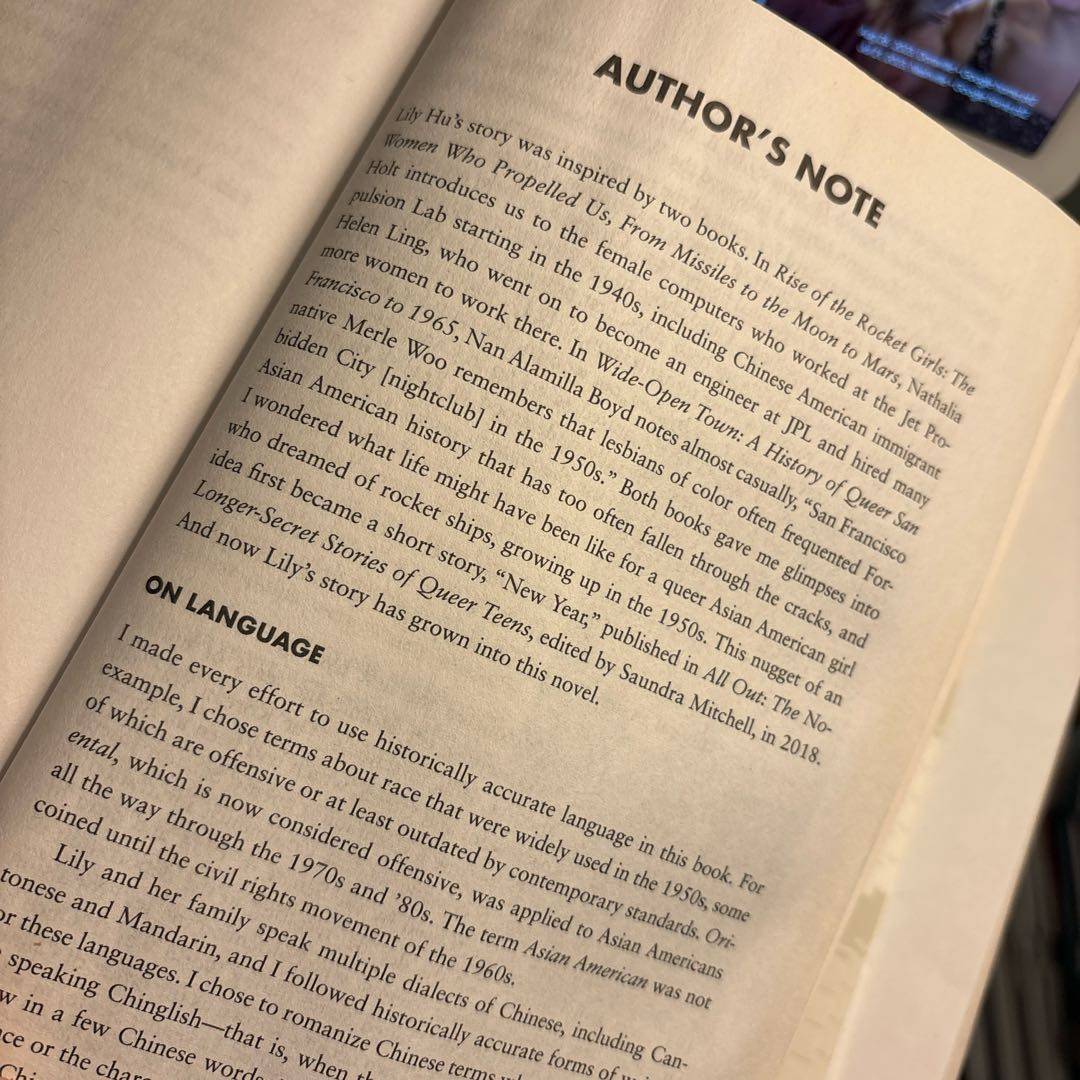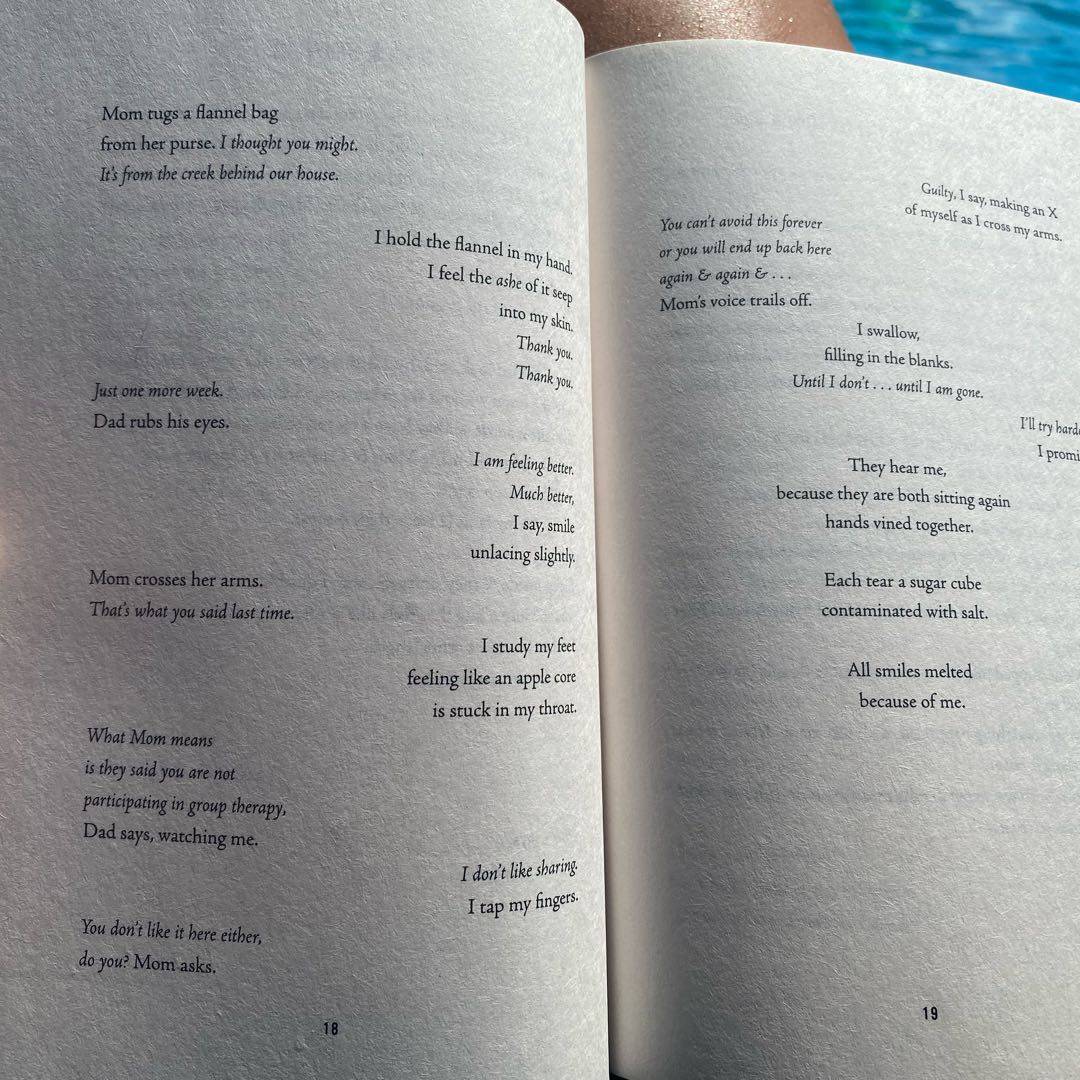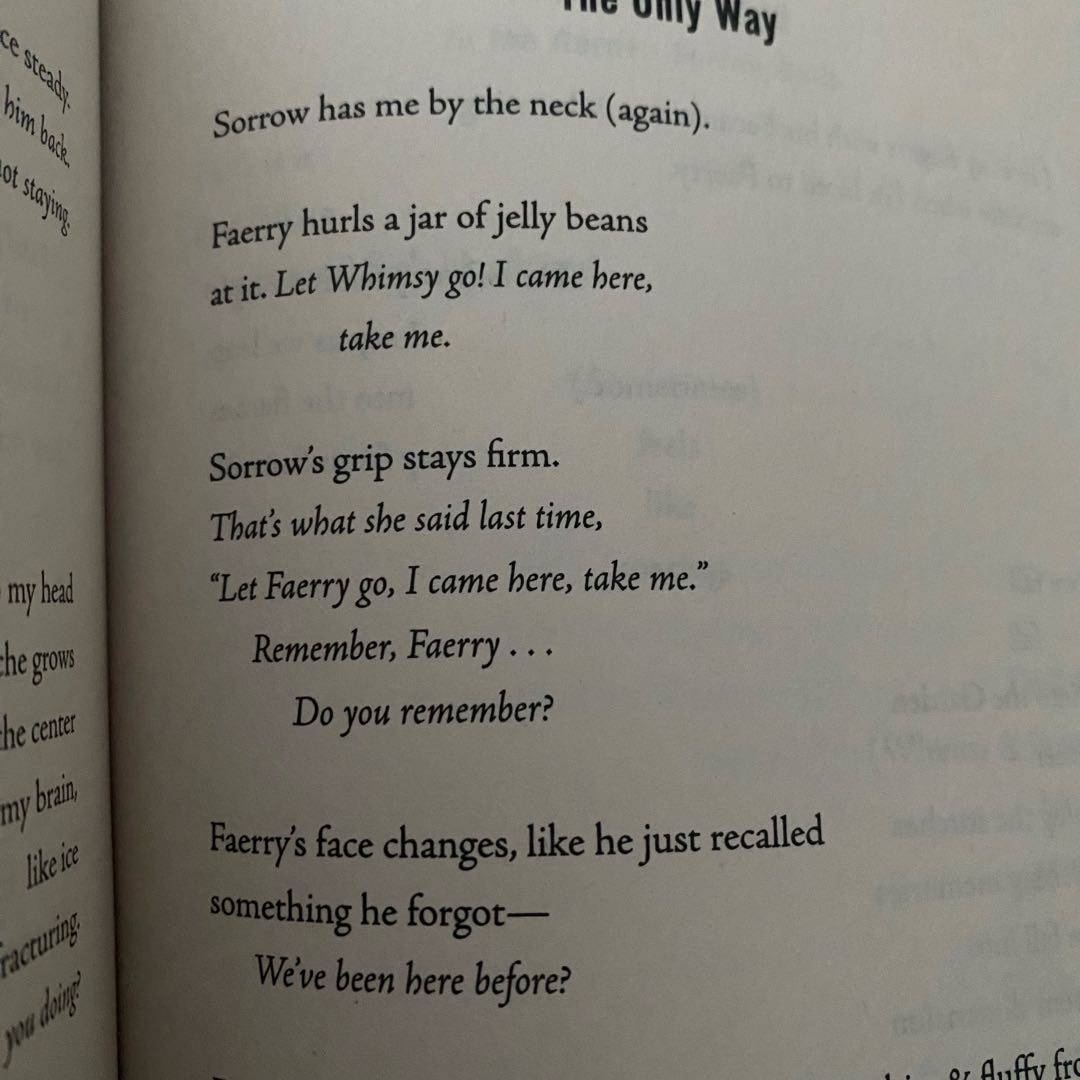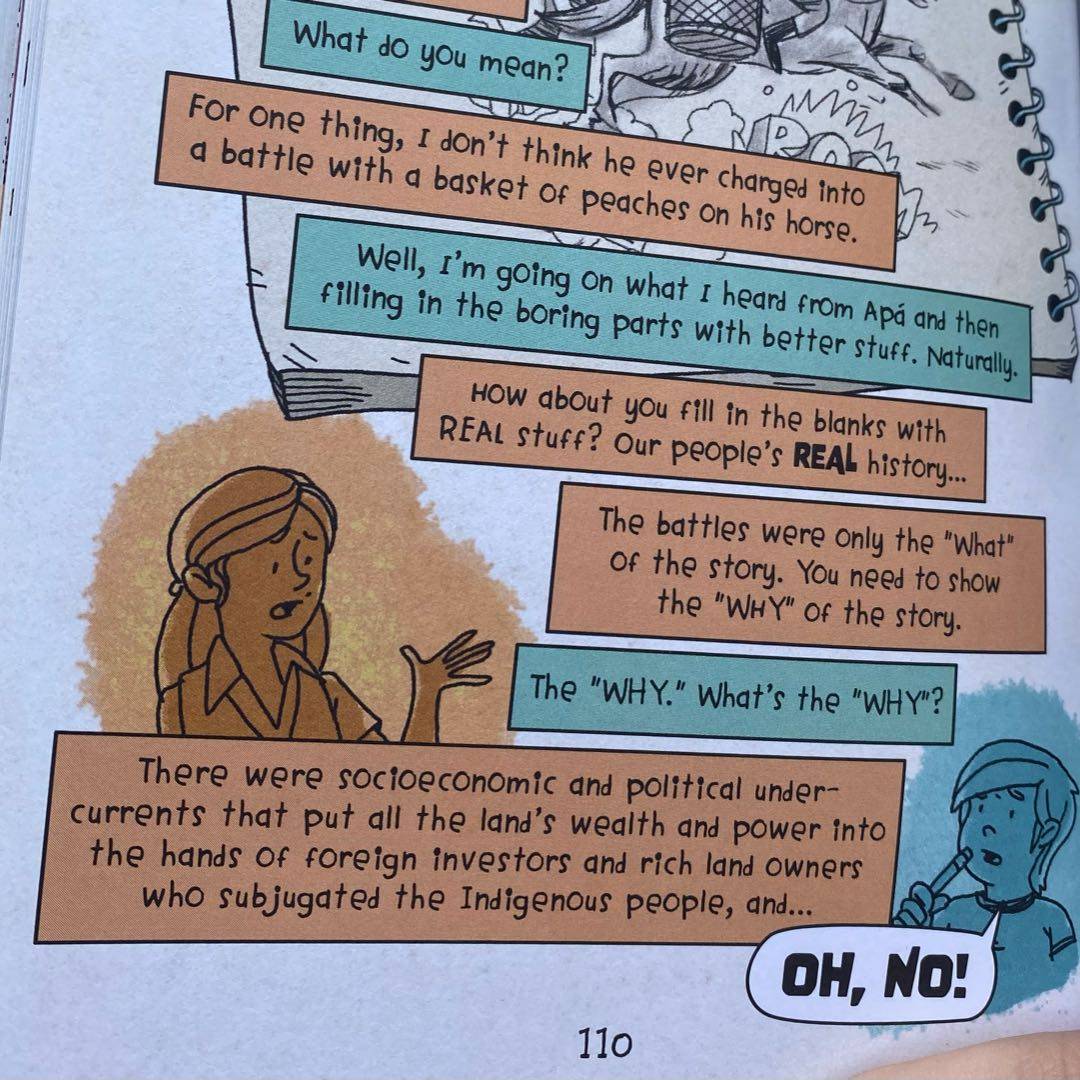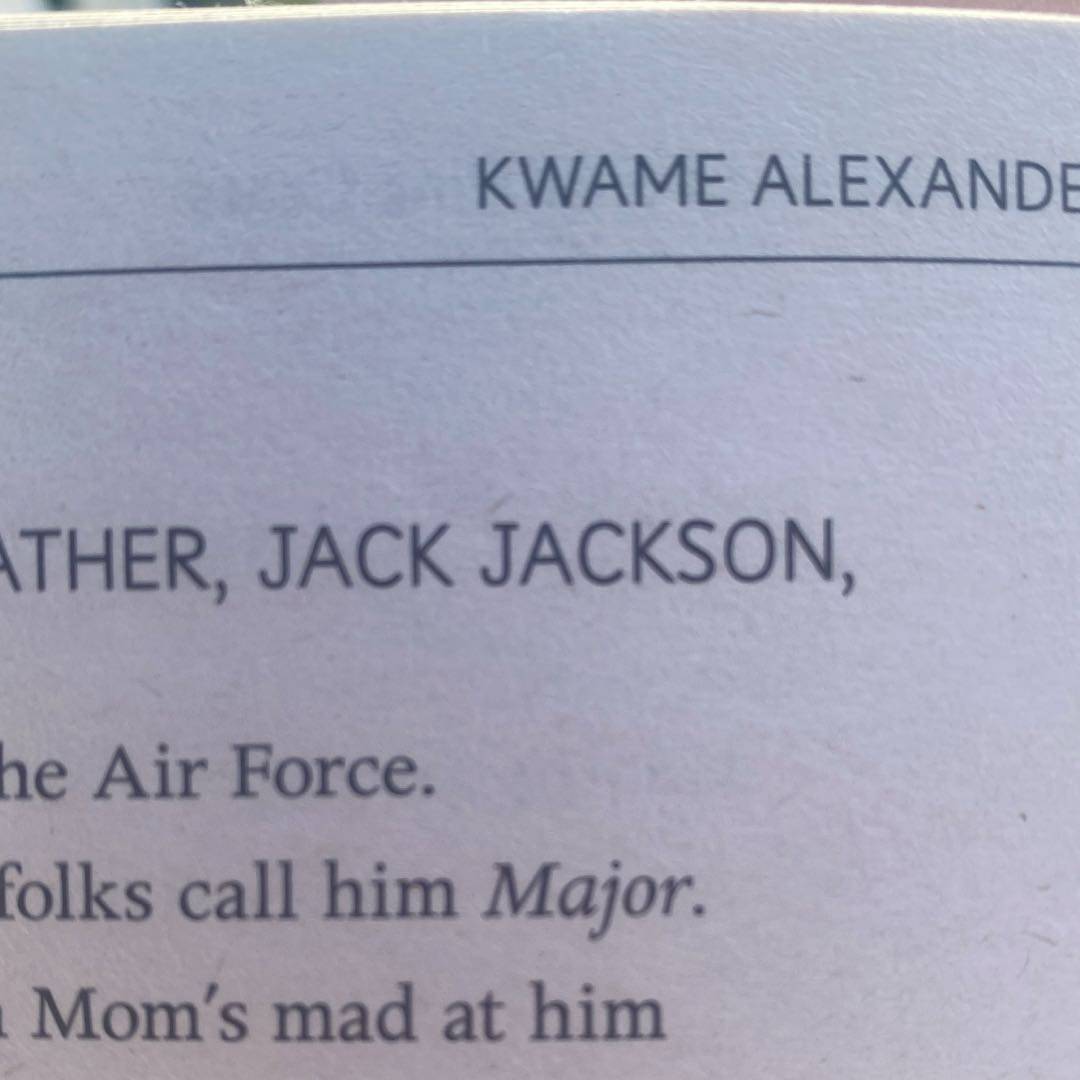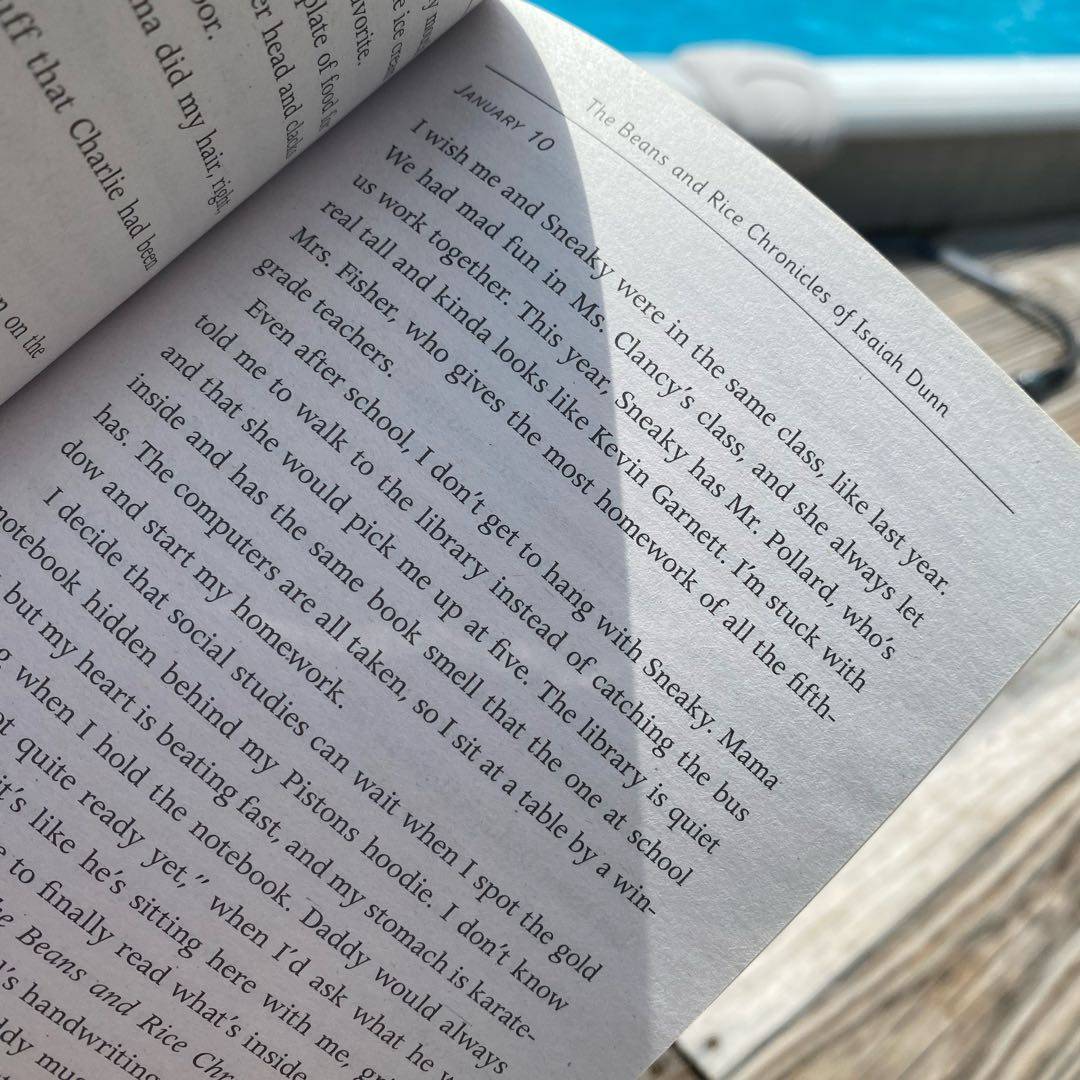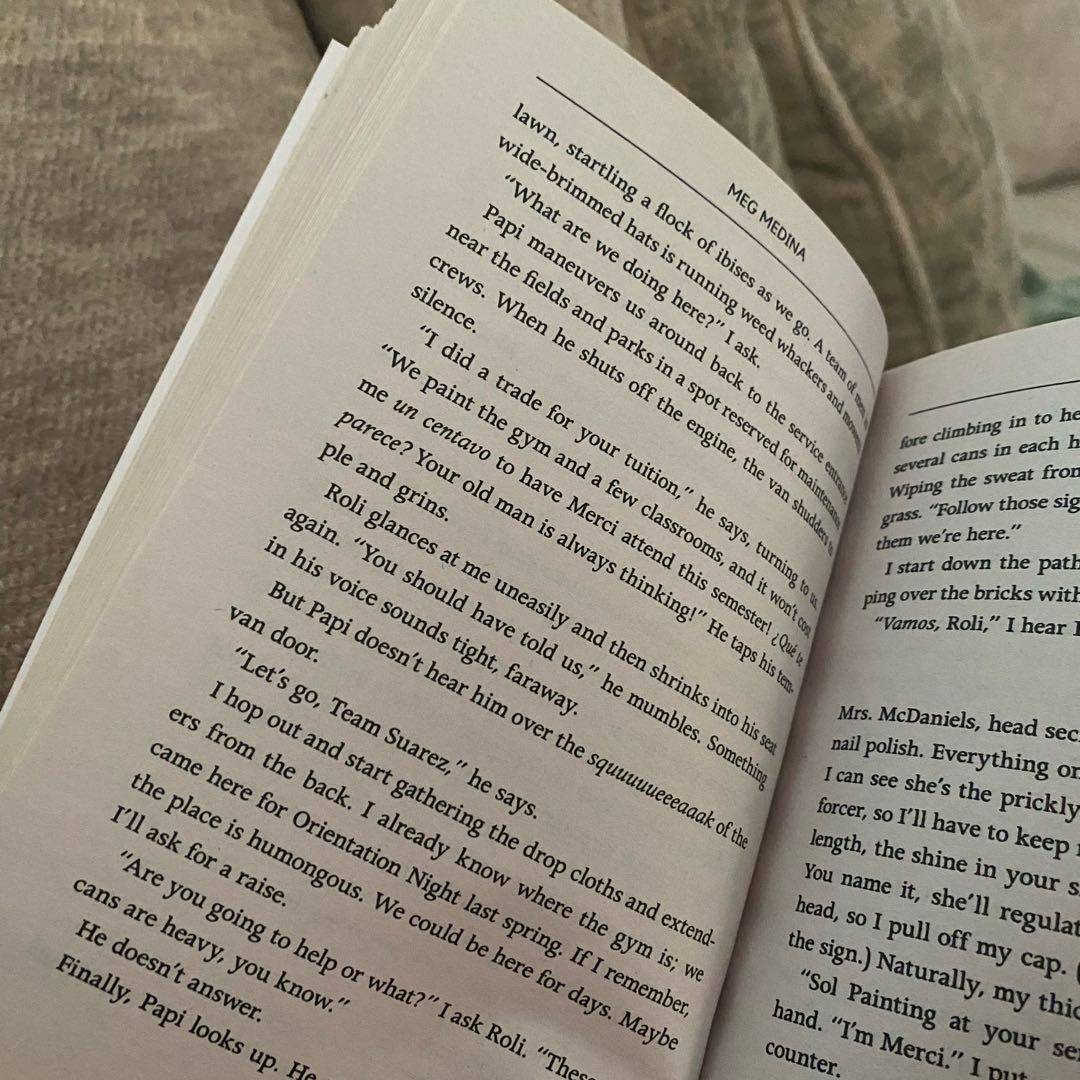I thought it was interesting that Slater showed the advantages and disadvantages to online discourse; and showed the importance of accountability and justice. Social media shapes behaviors of students in and out of school, how do we as upcoming teachers take this and teach them their actions have consequences even when it‘s posted online and not in school?







